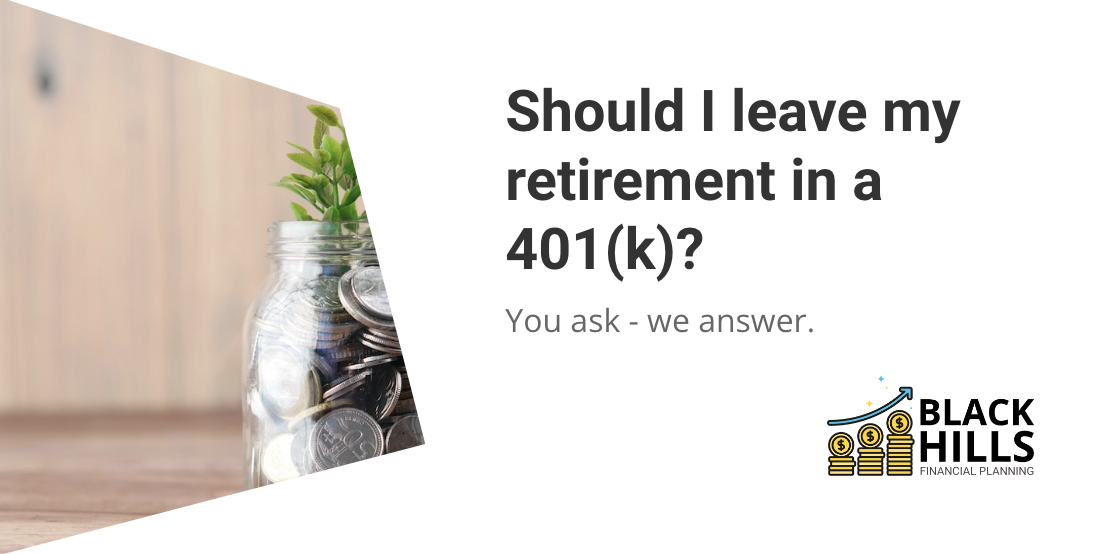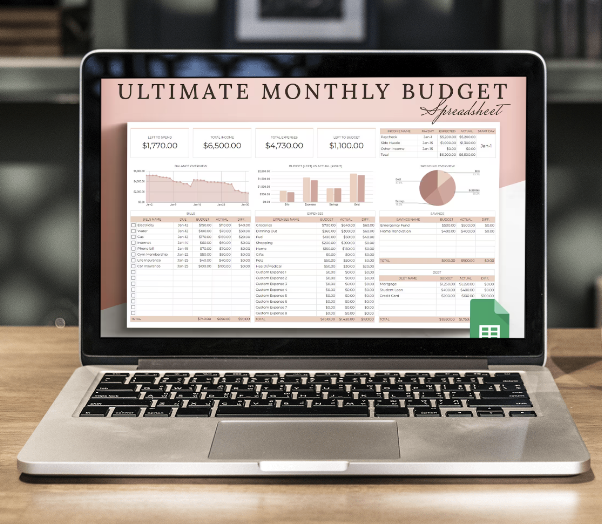By Courtney Rosenfeld
Whether you own an LLC, you’re pursuing a career of passion, or you’re simply trying to get by, financial pressure can prove a heavy burden. This especially becomes a problem when experienced over long periods of time as chronic stress can lead to issues with the heart and blood vessels. If you want to manage financial pressure and stay sane in the process, you’ll need a few clever strategies – here are some to consider.
Budget
The first step when it comes to navigating financial pressure is budgeting. An effective plan will outline existing spending and recurring costs (including subscriptions and contracts), then identify ways to reduce these expenses and set parameters for future sustainability. The easiest way to structure this budget is by using accountancy software – there are a number of free or cheap programs that can help you to track and manage your budget, stay on top of invoices and support cross-platform compatibility to help you stay updated on the go.
Writing a budget is one thing, executing it is another. A good first step is to identify recurring costs and look for ways to adjust these – utility contracts, for example, can often be renegotiated, or you may be able to find cheaper alternatives. In the meantime, it will help your case to reduce electricity use and think tactically about how you can cut down on other overheads (such as transport, heating, etc.)

Career
It’s important to keep personal and professional finances as divided as possible. If you’re an entrepreneur or aspiring business owner, a common way to achieve this is by forming a Limited Liability Company (LLC), which will reduce your personal liability as well as provide tax advantages, less paperwork, and more flexibility. Regulations may differ depending on the state, so make sure you check the rules before moving ahead or consult with a formation service to help you navigate them.
If your current employer doesn’t provide you with the means you need to support yourself and your loved ones, it can be worthwhile returning to education with an online degree. Thanks to remote learning, earning a career-relevant certification (such as a master’s in Business Administration) is possible whilst working full-time or tending to family obligations. Just make sure the institute in question is accredited and offers competitive tuition rates.
Coping
Holding your nerve or ‘coping’ with the stress of financial pressure isn’t just important for your own psychological and physical well-being, it’s also necessary if you want to handle your financial issues in a calm and decisive manner. The first step is to attend to your own physiological needs – make sure you’re staying hydrated, eating properly (preferably home-cooked meals using fresh ingredients), and getting plenty of undisturbed sleep. These simple areas remain the unbeaten cornerstones of mental and physical health.
If you’re not already, you should also make sure you’re getting enough exercise – stress often represents a build-up of pent-up energy, and working up a sweat will help you to exert this, leaving you calmer and more energetic in the long run. If you can’t summon the energy to run, consider investing in some home-based exercise equipment – a punching bag, for example, makes for a faster, more convenient tool to handle stress.
Financial pressure is difficult to manage and it’s common to suffer from feelings of stress and anxiety because of it. If you’re struggling with debt or the cost of living, make sure you’re not neglecting your own physical and psychological well-being in your efforts to stay afloat.
Located in the Black Hills of South Dakota, our firm teaches a Foundational Planning approach to wealth generation and management. Learn more about Black Hills Financial Planning at: www.blackhillsfinancialplanning.com
Image by Pexels







